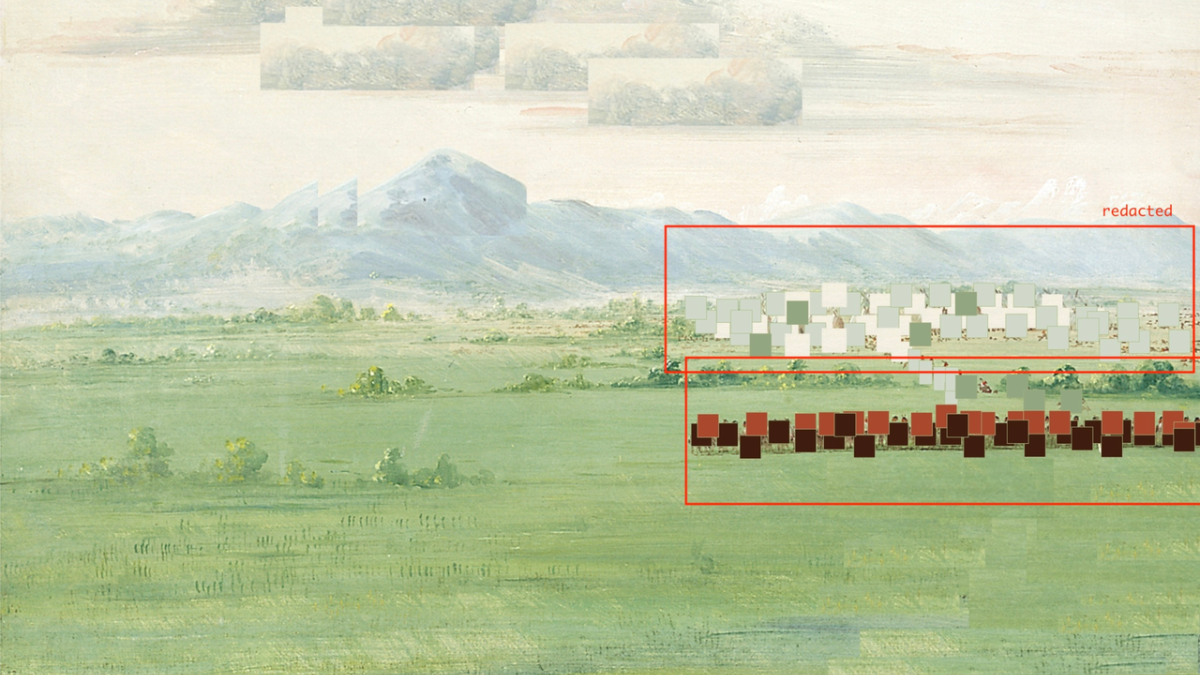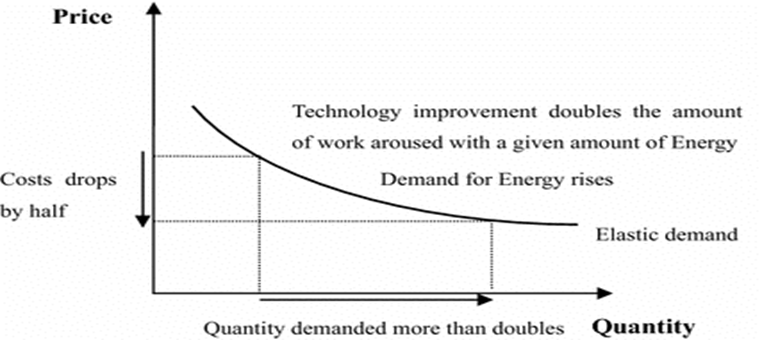- Courses
- GS Full Course 1 Year
- GS Full Course 2 Year
- GS Full Course 3 Year
- GS Full Course Till Selection
- Answer Alpha: Mains 2025 Mentorship
- MEP (Mains Enrichment Programme) Data, Facts
- Essay Target – 150+ Marks
- Online Program
- GS Recorded Course
- Polity
- Geography
- Economy
- Ancient, Medieval and Art & Culture AMAC
- Modern India, Post Independence & World History
- Environment
- Governance
- Science & Technology
- International Relations and Internal Security
- Disaster Management
- Ethics
- NCERT Current Affairs
- Indian Society and Social Issue
- NCERT- Science and Technology
- NCERT - Geography
- NCERT - Ancient History
- NCERT- World History
- NCERT Modern History
- CSAT
- 5 LAYERED ARJUNA Mentorship
- Public Administration Optional
- ABOUT US
- OUR TOPPERS
- TEST SERIES
- FREE STUDY MATERIAL
- VIDEOS
- CONTACT US
Jevons Paradox: Understanding the Counterintuitive Impact of Efficiency
Jevons Paradox: Understanding the Counterintuitive Impact of Efficiency

Microsoft CEO Satya Nadella recently referred to the concept of Jevons Paradox while discussing the accelerating global adoption of Artificial Intelligence (AI) technologies.
What is Jevons Paradox?
The Jevons Paradox refers to a situation where increasing the efficiency of using a particular resource doesn't reduce its overall consumption—in fact, it may do the opposite.
- Definition: As technology makes the use of a resource more cost-effective or efficient, it often leads to an increase in demand for that resource, resulting in higher overall consumption.

Jevons Paradox
Historical Origin
This idea was first introduced by British economist William Stanley Jevons in 1865.
- In his analysis of coal consumption in the UK, Jevons argued that the invention of more efficient steam engines—rather than reducing coal usage—actually led to greater reliance on coal, as efficiency made it more economically attractive to use steam power in more industries.

William Stanley Jevons (1835-1882)
Relevance in the Age of AI
The paradox is particularly relevant today as AI systems become:
- More powerful and capable of handling complex tasks,
- Cheaper to deploy, and
- More accessible across sectors and geographies.
While these advances suggest we might use less computing power or energy per task, the total demand for AI is expected to increase significantly due to broader usage—spanning everything from healthcare and education to entertainment and defense.
Why It Matters
Understanding Jevons Paradox is crucial in the modern tech landscape because it:
- Challenges the assumption that efficiency alone leads to sustainability,
- Highlights the need for policy and infrastructure planning, especially concerning energy use, and
- Encourages a more holistic view of the impact of emerging technologies like AI on resource consumption.




